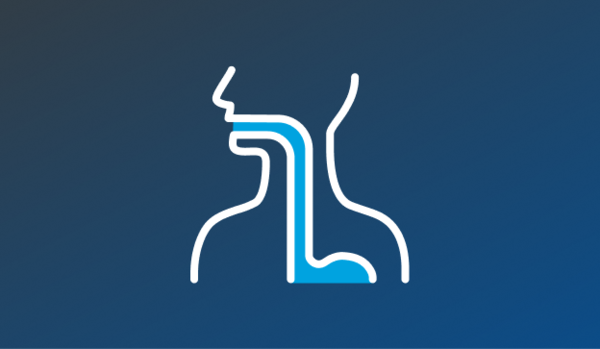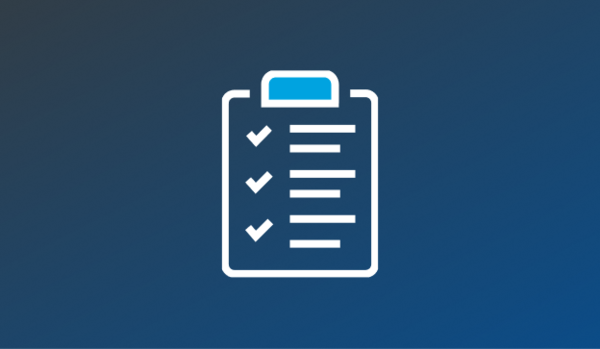
Simple to order. Powerful results.
TissueCypher is for patients with recently diagnosed Barrett's esophagus (BE) or those enrolled in a BE surveillance program. The test can be run on tissue diagnosed by pathology as non-dysplastic Barrett's esophagus (NDBE), indefinite for dysplasia (IND) or low-grade dysplasia (LGD). The test is run on standard esophageal pinch biopsies collected during endoscopy. No capital equipment or investment in hiring or training staff is required.
Ordering process
Ordering TissueCypher

Ordering TissueCypher
The test can be requested via Castle’s secure portal or by completing a simple two page request form. Click below to download a request form or register for Castle’s secure portal.
Testing process
Castle reaches out to the pathology lab to confirm the diagnosis of BE. Histology and tissue can be sent as complete tissue blocks or eight positively charged, unstained glass slides. For short-segment BE (< 3 cm), one level is tested, and for long-segment BE, up to three biopsy levels can be tested.

Report results
TissueCypher’s test report includes a Risk Score (0-10); a Risk Class (high, intermediate, and low); and a standardized five-year probability of progression. A sample test report is available at the link below.

Patient access
Castle Biosciences is committed to providing high-quality molecular testing to all patients. We do not want financial concerns to be a barrier to patients accessing critical healthcare information. We will work with all insurance providers, including Medicare, Medicaid, commercial insurers, and Veterans Affairs (VA), to secure payment coverage for our testing.
For those who may need additional assistance for their Castle test, we offer a comprehensive patient assistance program to all patients.
If you have any questions, please contact us by calling 866-788-9007, option 3 or send an email.
Easy-to-interpret results can aid in care pathway decisions
_imgupscaler.ai_General_4K%20(1).jpg)

TissueCypher risk score
TissueCypher’s AI-driven risk classifier analyzes 15 molecular features and generates a risk score from 0, representing the lowest risk of progression to high-grade dysplasia (HGD) or esophageal adenocarcinoma (EAC), to 10, representing the highest risk of progression.

TissueCypher risk class
TissueCypher consists of three risk classes associated with the risk of progression to HGD or EAC: low (Scores 0-5.5), intermediate (Scores 5.5-6.4), and high (Scores 6.4-10).

5-year risk of progression
For each risk score, there is an associated five-year risk of progression to HGD or esophageal cancer. This risk of progression was determined from a pooled analysis of five multi-institutional clinical performance studies, which have been completed and published involving 699 patients.


.webp)






